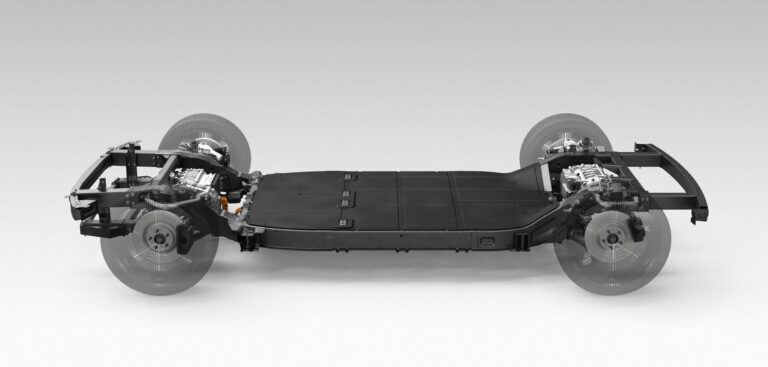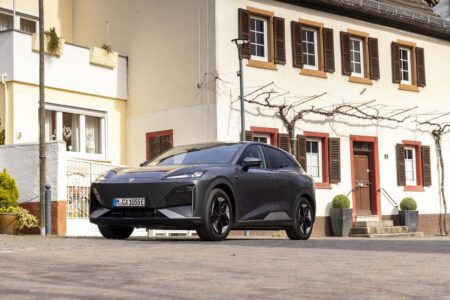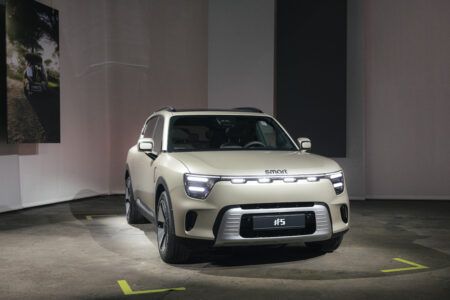Hyundai Motor Group has announced that it is collaborating with LA-based EV company Canoo to develop an all-electric, scalable skateboard platform that can be used to produce future Hyundai and Kia models at a lower cost.
Canoo, which creates EVs on a subscription basis, has developed a proprietary skateboard architecture that houses battery and drivetrain components with a strong emphasis on functional integration, meaning all components fulfil as many functions as possible. This engineering reduces the skateboard size, weight and total number of parts, which ultimately provides more interior cabin space and a more cost-effective EV offering. In addition, the Canoo skateboard is a self-contained unit that can be paired with any cabin design.
As a result, Hyundai Motor Group has identified Canoo’s engineering as a solution for a future fleet of vehicles where it will jointly develop a new skateboard platform that will be adaptable and scalable. By simplifying and standardizing the development process, it will enable the OEM to use it for a range of vehicles from small-sized EVs to Purpose Built Vehicles (PBV) at a lower cost.
“We were highly impressed by the speed and efficiency in which Canoo developed their innovative EV architecture, making them the perfect engineering partner for us as we transition to become a frontrunner in the future mobility industry,” said Albert Biermann, head of research and development, Hyundai Motor Group. “We will collaborate with Canoo engineers to develop a cost-effective Hyundai platform concept that is autonomous ready and suitable for mass adoption.”
“We have been working diligently to develop a bold new electric vehicle and partnering with a global leader like Hyundai is a validating moment for our young company,” said Ulrich Kranz, head of Canoo. “It is a real honor for us to help Hyundai explore EV architecture concepts for their future models.”
With this collaboration, Hyundai Motor Group doubles down on its recent commitment to invest US$87bn over the next five years to foster future growth. As part of this drive, Hyundai plans to invest US$52bn in future technologies through 2025, while Kia will invest US$25bn in electrification and future mobility technologies, aiming for eco-friendly vehicles to comprise 25% of its total sales by 2025.





